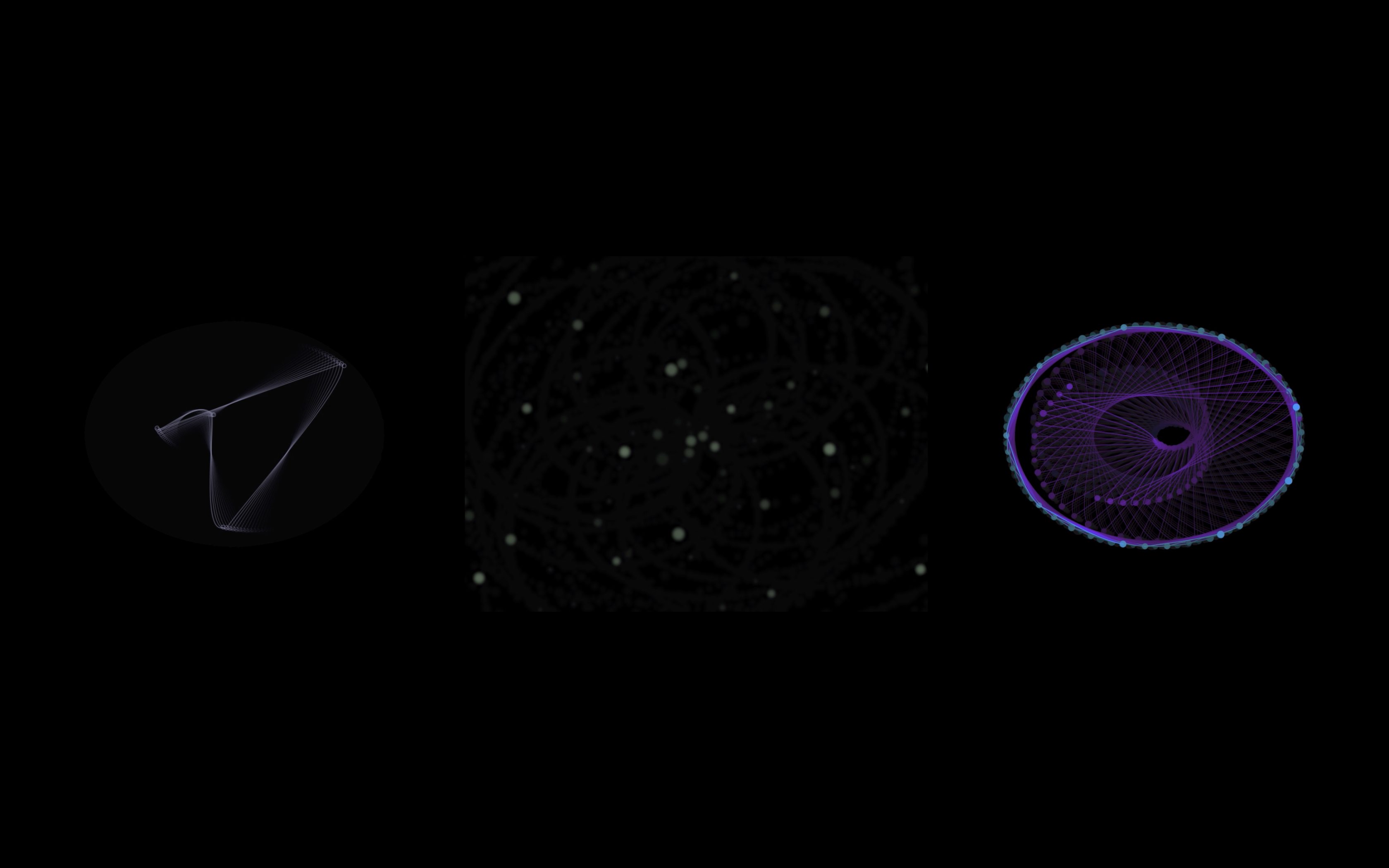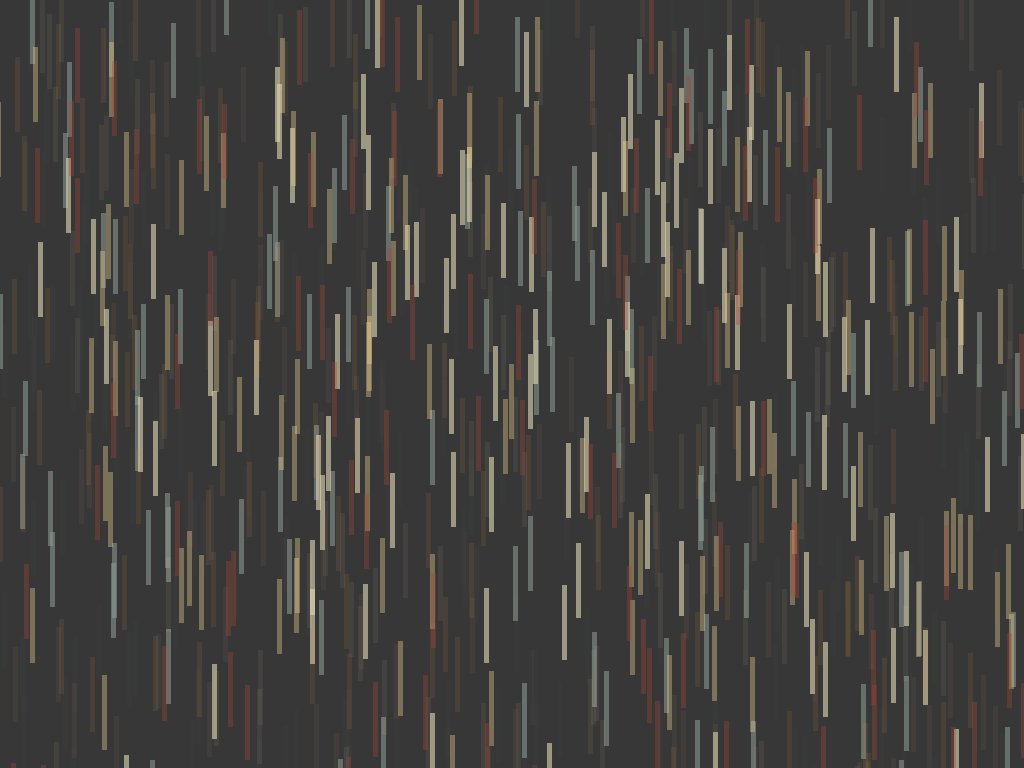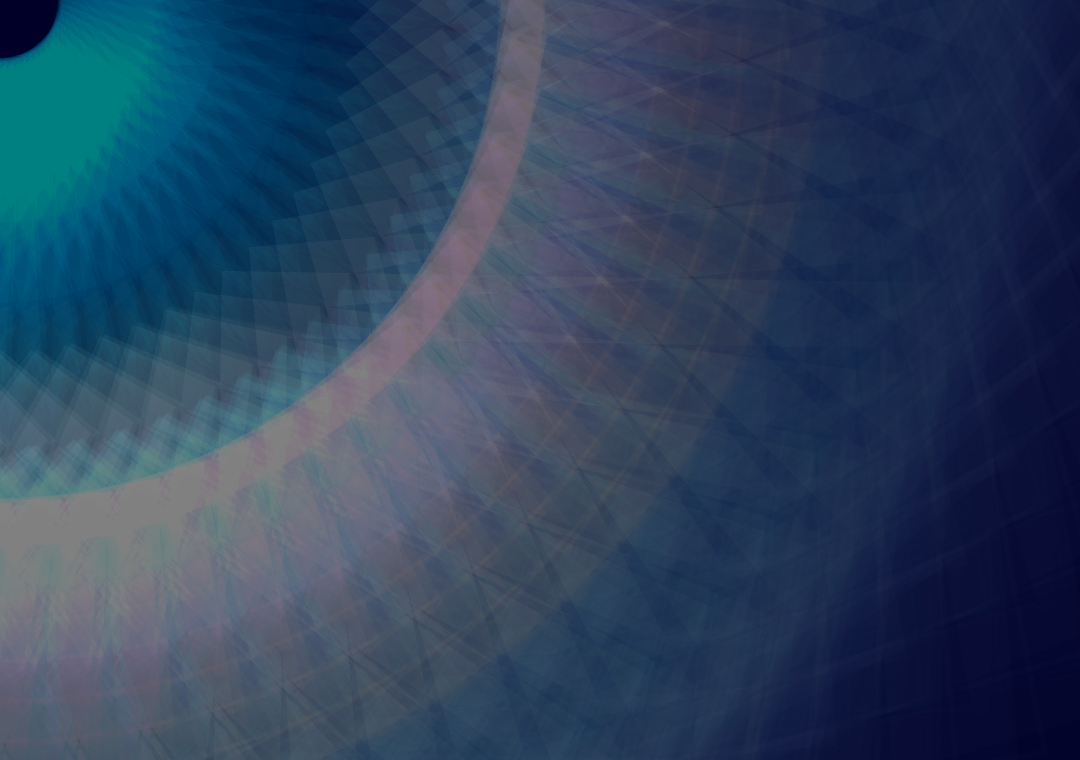Living With and Living Through – a virtual residency positioning making as an act of self-care and repair.
The Digital Departures Lab at the University of Glasgow, of which I am co-director, is currently facilitating a six-month digital residency on the theme of Living with and living through, positioning making as an act of self-care and repair. Our chosen resident for the 2021 residency is Nastja Säde Rönkkö
Summary
This residency, hosted by the University of Glasgow’s Digital Departures Lab, sets itself against the current highly turbulent and persistently distressing global backdrop. As disruptive as the COVID-19 pandemic has been, it is only one of a number of social, political and ecological crises currently raging throughout the globe and the lack of an apparent end, or solution to, any of these crises can feel constantly overwhelming. It can also cause the act of making, for the maker, to feel somewhat futile and insignificant, both from an individual and a collective perspective.
This residency takes as its premise the recognition that, throughout this turbulent time, engaging with and thinking about creative practice has remained a saving grace for many of us working in arts disciplines, and indeed participation in creative acts has become a commonly-utilised mechanism to support mental health and wellbeing. Through this virtual residency, we invite an artist of any discipline to enact processes of selfcare and repair through making, considering the broader implications of this process both for their own practice and for the wider arts community. The residency will be complemented by a series of discussions and position/provocation sessions, considering making as a mechanism for self-care and wellbeing. It will also be accompanied by a series of (virtual) social events and the development of regular online meditative and mindfulness sessions, with some of these likely involving the process of making in some form.
What do we mean by a virtual residency?
As lockdown and other restrictions continue, we won’t be able to physically host the chosen artist at the University. What we mean by a virtual residency is that the artist will spend a period of time ‘in residence’ with the University through meeting regularly with the residency team to discuss their work and contributing to regular reading, making or thinking group sessions with staff and postgraduate students. The format and frequency of these sessions will be decided by the residency team and artist in consultation, but we would anticipate a time commitment of c. 2 hours every 2-3 weeks. The artist may also be asked to have informal conversations with some of our taught and research postgraduate students about the development of their own practice-based work.
Unusually, we do not anticipate a finished ‘work’ or series of works as the primary outcome for the residency – though should finished works result this would be welcome – but are instead interested in the artist’s interrogation of their process and method as a means of self-care, repair and recovery, however this may be enacted. As a minimum, we would ask the chosen artist to submit a reflective summary, report or creative interpretation of the processes and methods they explored through the residency, alongside a short entry for the Digital Departures Lab and School of Culture and Creative Arts blog and School of Humanities website.



